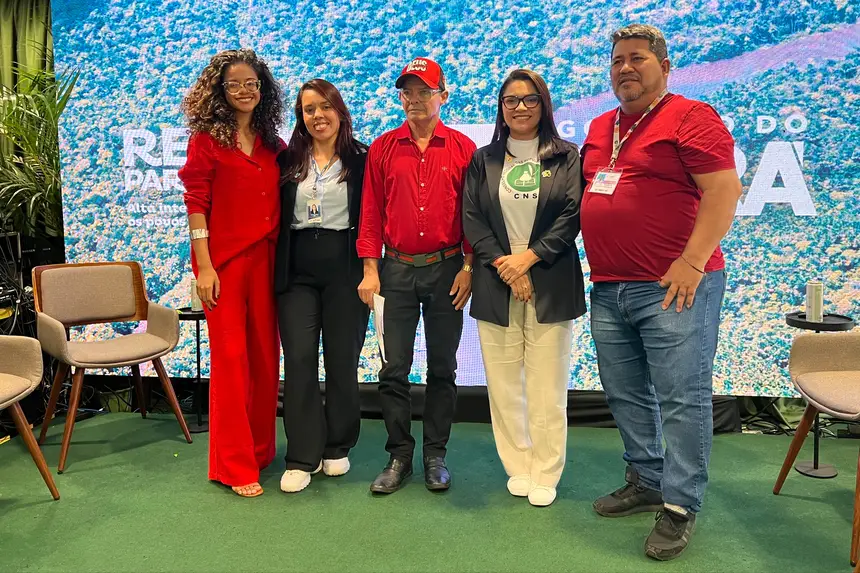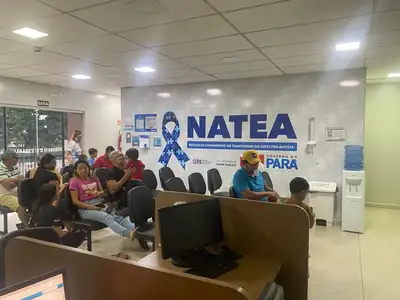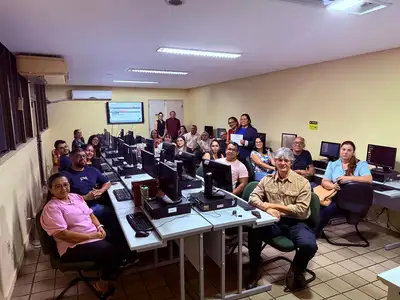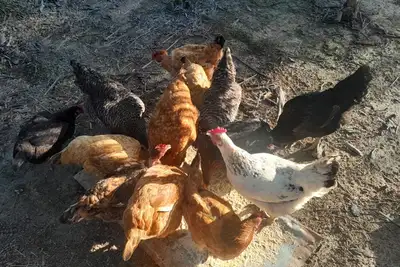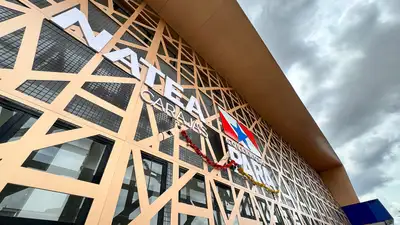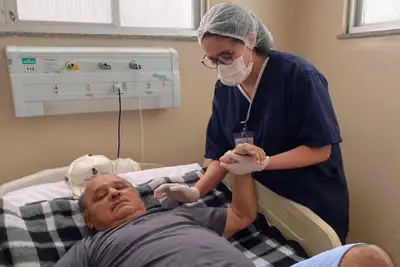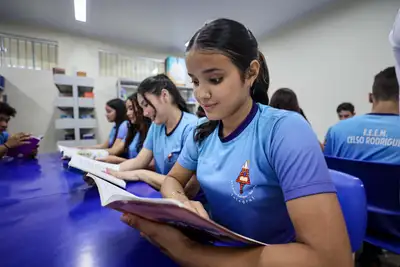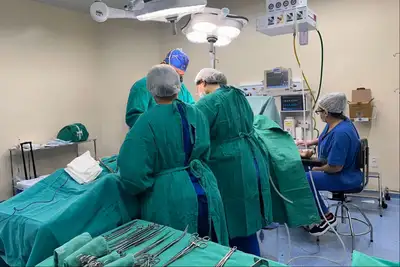Semas brings traditional communities together in panels on the construction of SJREDD+
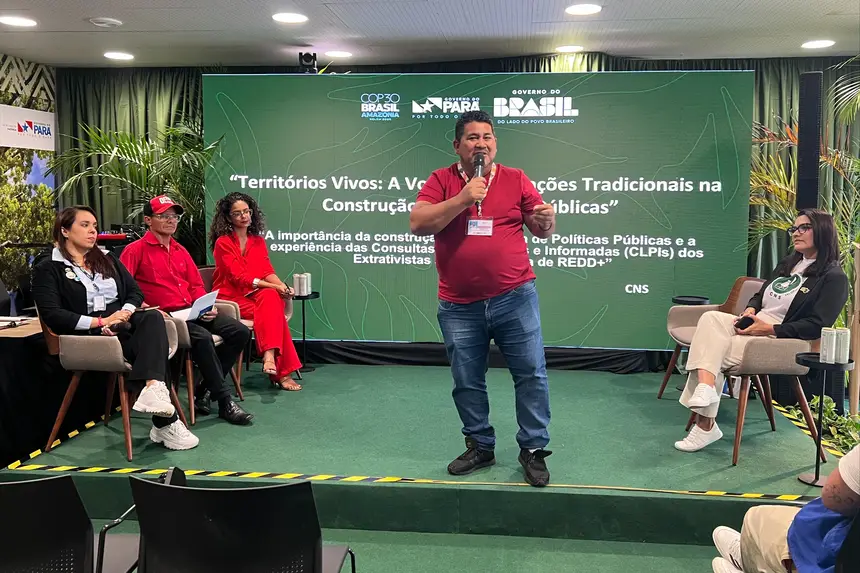
The Secretary of Environment, Climate and Sustainability of Pará (Semas) held, this Tuesday (18), two panels at the Pará Pavilion during COP30 in Belém to discuss the participatory construction of the Jurisdictional REDD+ System in the State. Although with distinct focuses, the debates converged on the importance of climate governance with the protagonism of traditional populations.
Climate governance and community engagement - in the first panel, "Climate governance and community engagement: the construction of jurisdictional REDD+ in Pará", Semas presented the advances of the process initiated in 2022, which involves ongoing dialogue with indigenous peoples, quilombolas, extractivists, and family farmers.
The Deputy Secretary of Water and Climate Management of Semas, Renata Nobre, emphasized that the policy seeks to value traditional knowledge, strengthen the protagonism of communities, and ensure the sharing of benefits.
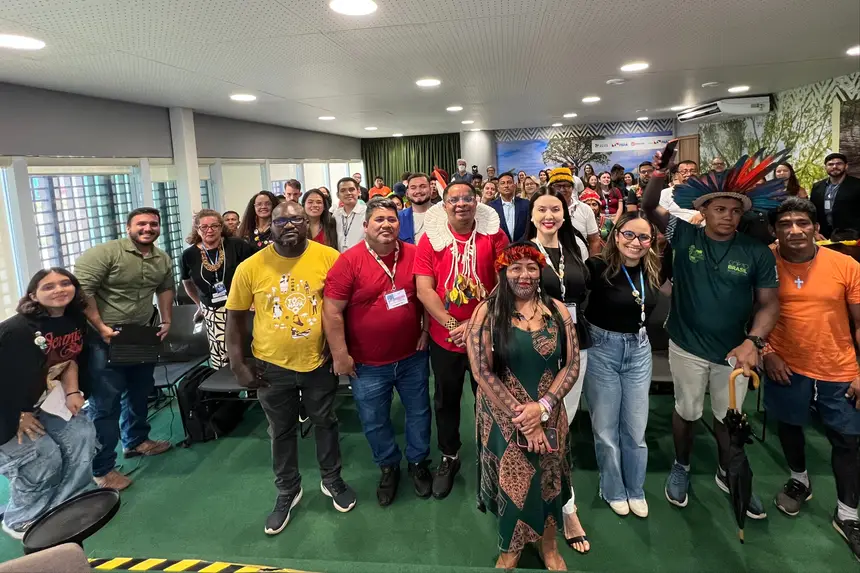
The speech of leader Giandra Munduruku highlighted the importance of indigenous participation, translation, and appropriate methodologies for each people. "We are in governance. We want to be heard and respected in our differences. The construction is joint," she stated.
Extractivist leaders also emphasized the role of information and building trust with the State throughout the process.
Living territories and social participation - the second panel, "Living territories: the voice of traditional populations in the construction of public policies", addressed the participation of communities in the formulation and strengthening of climate policies. The table included representatives from Semas technicians, partner organizations, and community networks.
Extractivist Maurício Azevedo from Marajó highlighted the unprecedented nature of the policy for directly involving forest populations: "now we are building together, from the smallest to the largest, this public policy."
The discussions reaffirmed that the differential of the jurisdictional REDD+ of Pará is its collective construction. So far, informative workshops, training of multipliers, and the beginning of the formal consultation phase have been conducted, which foresees 47 rounds with indigenous peoples, quilombolas, extractivists, and family farmers, of which 15 have already been held.
The two panels demonstrated that the policy is advancing with strong social participation, consolidating a climate governance that recognizes and incorporates the protagonism of traditional communities in forest protection and in facing climate change.


